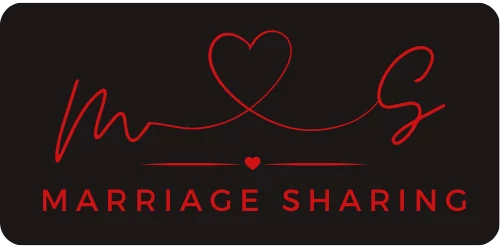
Who’s a Better Communicator, Men or Women?
The question of whether men or women are better communicators is often debated, with research and cultural perspectives shedding light on gender differences in communication. Both men and women possess unique strengths in how they convey messages, understand emotions, and use nonverbal communication. Rather than determining a clear “winner,” it’s important to recognize how these differences complement each other.
1. Gender Differences in Communication
Men and women tend to have different communication styles influenced by biological, psychological, and social factors. Studies suggest that female brains are often wired for empathy and emotional connection, making women great communicators in relational and emotional contexts. Men, on the other hand, often focus on problem-solving and directness, which can be effective in certain situations.
2. Nonverbal Communication and Facial Expressions
Women are generally more attuned to nonverbal communication, such as body language and facial expressions. This sensitivity helps them read emotions and respond with empathy. Men may rely less on these cues, focusing more on spoken words. These differences don’t indicate superiority but reflect varied approaches to interaction.
3. Better Communicators in Different Contexts
Women may excel in conversations that require emotional depth and understanding, while men may be better communicators in tasks that demand clarity and efficiency. For instance, women often use facial expressions and nonverbal cues to connect, while men may focus on delivering concise and practical solutions.
4. Effective Communication Requires Understanding Styles
Both genders communicate in different ways, and understanding these styles is key to effective communication. Women may prefer open-ended discussions and emotional expression, while men may value straightforward conversations with clear objectives. Recognizing and respecting these differences fosters mutual understanding and collaboration.
5. Building Stronger Communication Skills
Rather than focusing on which gender is better, the goal should be to develop great communicators regardless of gender. Effective communication involves practicing active listening, adapting to different styles, and improving both verbal and nonverbal skills. These efforts can help bridge gaps between genders and enhance interactions in any relationship.
Ultimately, both men and women have unique communication strengths. By appreciating these gender differences and striving for balance, individuals can become better communicators and build stronger connections. Communication isn’t about competition—it’s about connection.
Follow our Christian nonprofit here: Marriage Sharing
Follow my personal profiles here and get easy and practically applied solutions to common marriage problems:
Instagram: Married_as_one
Fb: Felice Mathieu
Twitter: Felice Mathieu_
Get your copy of 20 Common Marriage Problems Workbook .
Need a Christian Speaker that’s also a marriage counselor? Book me for(virtual options available):
- Panel Discussions
- Seminars
- Marriage Conferences
- Workshops